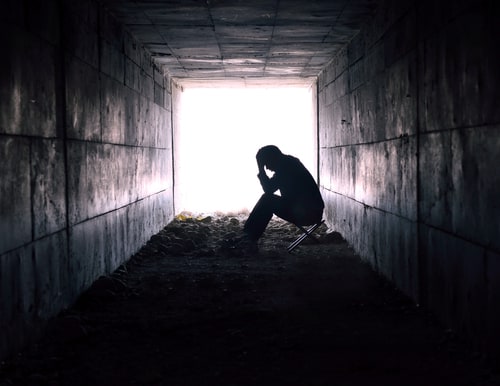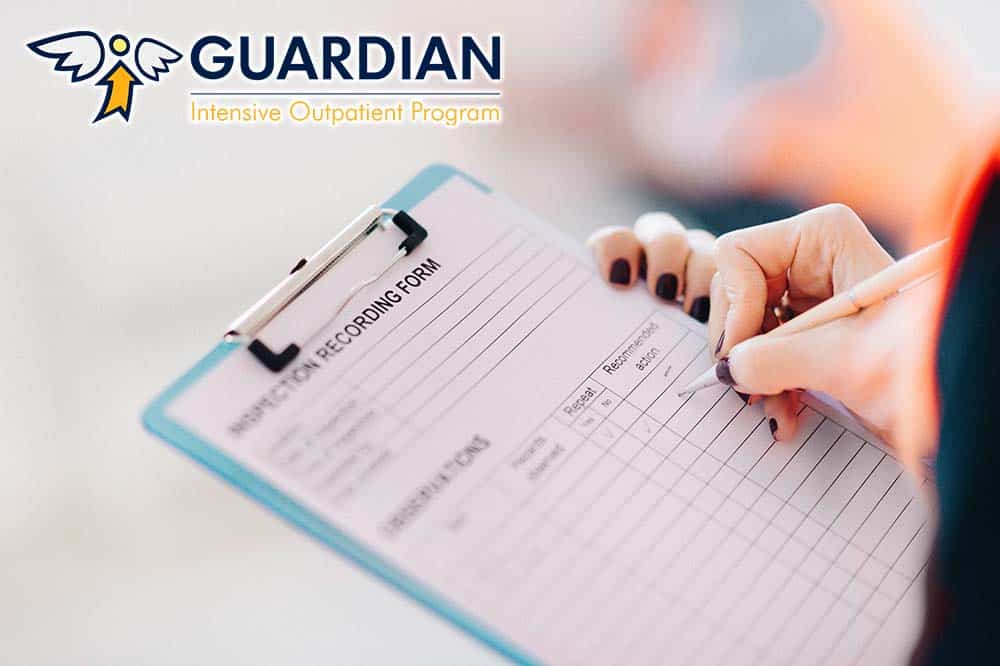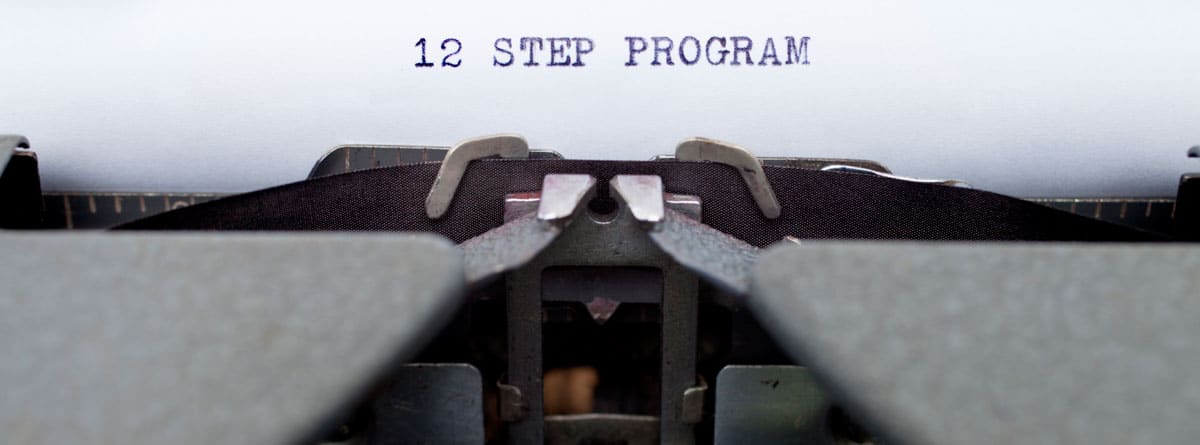The link between addiction and depression is well documented. According to the Anxiety and Depression Association of America, about 20% of people diagnosed with depression, anxiety, or other mood disorders also meet the criteria for substance use disorders. Data from the National Institute on Drug Abuse shows that people diagnosed with mood or anxiety disorders are about twice as likely to suffer from drug use abuse or dependence as the general population. The relationship between depression and substance abuse is strongest in women and teens or young adults.
Understanding the Relationship Between Depression and Substance Abuse
Clinical depression is greatly misunderstood by the general population. Everyone has bad days or feels sad occasionally, but someone who suffers from depression experiences the following symptoms on a regular basis:
• Changes in appetite
• Trouble sleeping
• Lack of energy
• Trouble concentrating
• Difficulty interacting with others
• Feelings of guilt, worthlessness, hopelessness & anxiety
Even though there is some overlap in the symptoms of depression and substance abuse, alcohol or drug addiction doesn’t “cause” depression. People who suffer from depression often turn to drugs and alcohol as a way to temporarily escape from painful thoughts. However, this only works in the short term.
Since alcohol and many commonly abused street drugs are central nervous system depressants, they eventually increase depression systems like lethargy, sadness and feelings of hopelessness. This effect escalates over time as tolerance develops and the chemically dependent individual requires higher doses of the substance to obtain any sort of short-term benefit.
Substance abuse can also worsen the symptoms of depression by straining relationships with loved ones. When you’re drinking or doing drugs, judgment and impulse control are lowered. You may be more likely to say or do things that upset the people you care about, leaving you with less social support to help boost your mood once you’re sober.
Finally, drug or alcohol use can limit the effectiveness of any prescription antidepressants you may be taking.
Treating a Dual Diagnosis
When someone is struggling with both depression and substance abuse, they are said to have a dual diagnosis or co-occurring disorder. In this case, it’s vital that treatment address both issues simultaneously. Detox will help a recovering client get sober, but a long-term recovery may be impossible if the depression that triggers the urge to use isn’t addressed.
Guardian IOP’s intensive outpatient program offers individual and group therapy as well as experiential therapies such as yoga therapy and equine therapy for adults with addiction and depression. To learn more about our Delray Beach facility or discuss recovery techniques for dual diagnoses, inquire online or speak with a Guardian addiction professional at 855.517.1871.

Reviewed for accuracy by:
Anna Marie Barrett LCSW, CYT
Anna earned her Masters of Social Work at Barry University in Miami, FL in 2017 and completed her internship in co-occurring disorders. Anna has a Bachelors of Art in Religious Studies from Naropa University and is a certified yoga and meditation instructor. Anna has received specialized training in somatic counseling with an emphasis on body-centered psychotherapy.




















